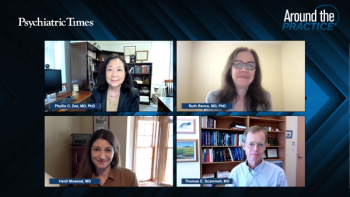
An expert panel concludes the discussion by reviewing factors to consider when diagnosing and treating narcolepsy.

An expert panel concludes the discussion by reviewing factors to consider when diagnosing and treating narcolepsy.

A group of specialists discuss treatment options for patients experiencing daytime sleepiness and anxiety.
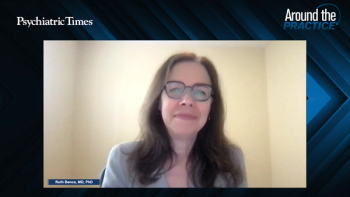
Thought leaders discuss what elements to consider when distinguishing between cataplexy and pseudo cataplexy.

Thomas E. Scammell, MD reviews the history and current symptoms of a patient with narcolepsy.

Thought leaders consider the role of newer medications in the therapeutic landscape.

Thomas E. Scammell, MD; Heidi Moawad, MD; Phyllis C. Zee, MD, PhD; and Ruth Benca, MD, PhD, discuss abuse, side effects, and other obstacles associated with traditional medications.
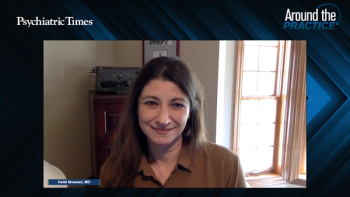
Thomas E. Scammell, MD; Heidi Moawad, MD; Phyllis C. Zee, MD, PhD; and Ruth Benca, MD, PhD, discuss the advantages and disadvantages of specific drug mechanisms for the treatment of narcolepsy.
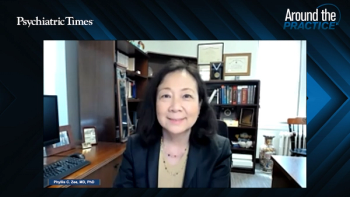
A multidisciplinary panel of sleep experts reviews the role of light exposure, exercise, and other non-pharmacological methods in narcolepsy management.

Thought leaders discuss clinical considerations regarding the many intersecting and complicating conditions that individuals with narcolepsy may experience.

Heidi Moawad, MD; Phyllis C. Zee, MD, PhD; and Ruth Benca, MD, PhD, share details about a patient case that may impact clinical considerations and therapeutic decision-making.

Thomas E. Scammell, MD, presents a case study for a college student with a history of sleepiness.

A multidisciplinary panel of experts outline the difficulties of distinguishing narcolepsy frfom other sleep disorders and psychiatric comorbid conditions.
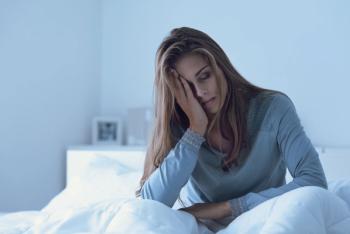
How can knowledge—and positive attitudes—about sleep improve quality of life for patients?
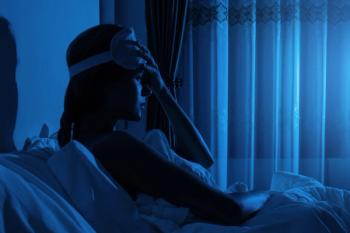
Sleep disturbances in borderline personality disorder are relatively unrecognized.

Peer victimization can cause patient distress and health risks, including issues with sleep.
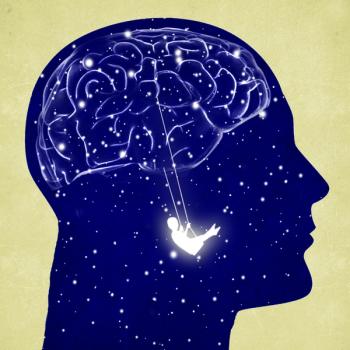
Recent research shows that daytime thoughts can interfere with sleep just as much as nighttime thoughts.
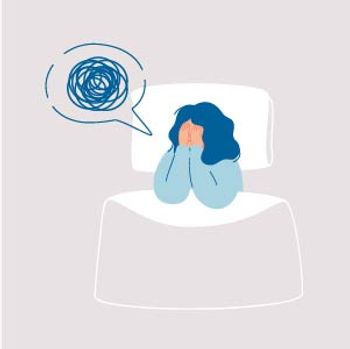
Pain can have a substantial impact on sleep quality and quality of life.
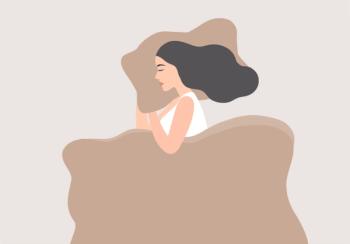
New research suggests deliberate control of breathing could help regulate autonomic function in patients who have insomnia.

Sleep disturbance and chronic pain work together to cause misery for patients, with one exacerbating the other. Here: Tips to address both and bring peace to patients.
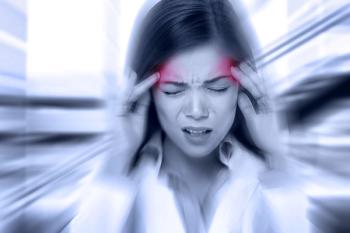
Enjoy this preview of Dr Moawad's talk for the upcoming CME Conference.

When provided with an array of treatment options, patients tend to feel a sense of ownership by playing a role in their care.
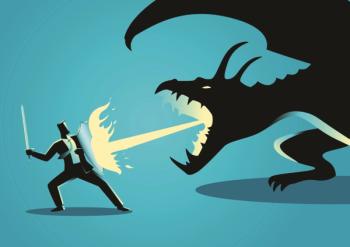
There is more to dreaming than meets the (shut) eye.
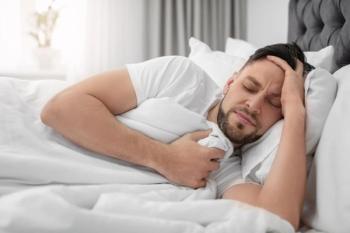
A case of a patient with difficult-to-treat insomnia highlights the pervasive daytime effects of this condition.

Anxiety and stress are closely linked, and they are among the chief causes of insomnia. Watch for a variety of emotional and physical factors that may play a role in worsening depression. More in this case report.
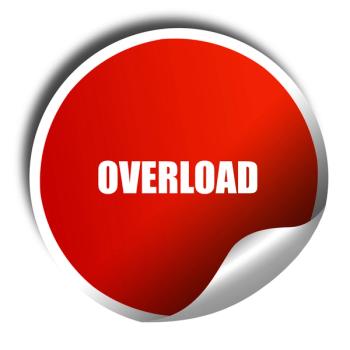
Heidi Moawad, MD, discusses the pitfalls of negative thinking and shares specific tips for heatlh professionals and the public to avoid it.

A patient's sleep deprivation started to affect her overall well-being and compromised her ability to enjoy life.

Researchers provide clues to whether there is a causative association between exposure to stress and a predisposition to drug abuse.
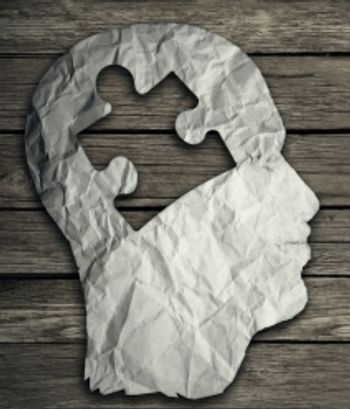
Processed foods, also described as “junk-food,” are often reported to be highly addictive in humans-leading to behavioral effects such as overeating, eating compulsions, and loss of control.

The use of e-cigarettes may precede cigarette smoking as well as the use of other substances, especially among young people.
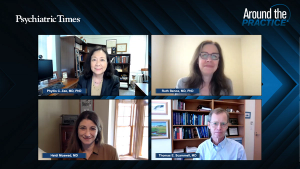
Published: July 19th 2022 | Updated:

Published: June 14th 2022 | Updated:

Published: June 21st 2022 | Updated:

Published: June 21st 2022 | Updated:
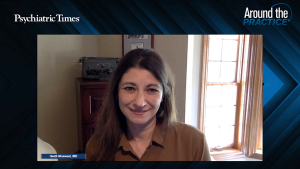
Published: June 28th 2022 | Updated:
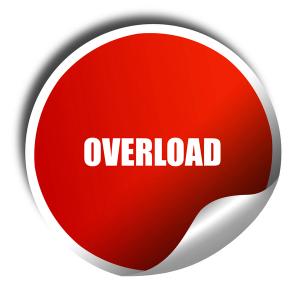
Published: June 19th 2020 | Updated: